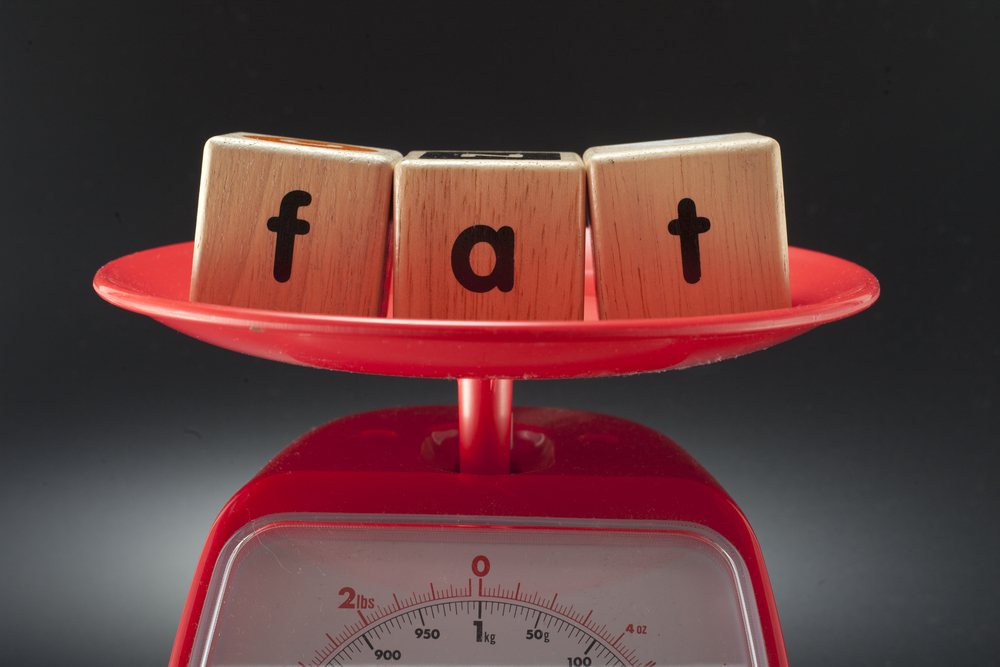Weight loss is the main goal of a fitness journey. The scale with its digital numbers is usually considered the ultimate measure of success. Anyone who has tried to change their lifestyle is aware that the scale can be misleading, frustrating, and discouraging at times. Progress is not always linear, and you should not rely too much on the numbers on your scale. That’s where non-scale positive victories are introduced. These are the positive changes that gradually develop in your body, mind, and daily life, which are not directly related to weight. Celebrating non-scale victories can offer a more holistic and sustainable approach to measuring success. This article will help you find the best weight loss tracking tips, and the best part is that you won’t need a scale to do it.
Understanding non-scale victories
Non-scale victories are the improvements in fitness and overall health that you experience beyond weight loss. These are:
- Physical achievements: Running a longer distance than ever before, lifting a heavier weight during a gym session, performing a yoga pose you couldn’t before, or doing extra reps of a workout.
- Appearance-based wins: Clothes fit better or require a smaller size, improve body posture, and result in clearer and glowing skin from eating nutrient-dense food.
- Mental and emotional changes: Reduced depression, lower stress, greater confidence, less tension, enhanced social engagement, sense of achievement, improved focus and productivity at work, no more obsessive thoughts about food or body image.
- Health milestones: Lower blood pressure, better sleep, reduced fatigue, improved cholesterol levels, reduced joint pain, fewer headaches/aches, controlled blood sugar, and increased mobility.
- Everyday lifestyle changes: A boost of energy in the body to play more actively with kids and pets, climbing stairs without getting tired, waking up early, cooking food instead of relying on fast food, cessation of binge eating, or sticking to healthier eating habits.
These achievements are more meaningful than weight loss as they focus on real and sustainable progress in life.
Scale doesn’t represent the whole story!
For almost everyone, a standard scale measure has been the go-to metric for progress. However, you may not be aware that it’s unable to differentiate between weight due to water retention, the big meal you have just consumed, or the muscle fat you’ve gained from your training schedule. Here are some factors that can influence your reading scale:
- Weight fluctuations occur: Your body weight shifts throughout the day, even depending on what you are wearing. Factors such as water retention, hormones, digestion, and stress can contribute to fluctuations in weight.
- Muscle weighs more than fat: Once you achieve the right weight loss track with the help of a diet and exercise program, you should be losing fat and gaining muscle. When you step on your measuring scale, you will not be able to recognise the difference between the fat you have lost and the muscles you have gained. So, although your body weight on the scale may not have changed or dropped a little, you may look leaner and stronger than you ever have before.
- Scale doesn’t provide health data: Lower blood pressure, improved cholesterol levels, better blood sugar control, reduced joint pain, or improved endurance can happen without significant weight loss.
- Impact on mental health: Completely relying on the measuring scale may contribute to discouragement, which ultimately leads to the adoption of unhealthy habits.
This is why focusing solely on the digital number on the scale can blind you to real, powerful changes in your body and mind.
![]()
How beneficial are non-scale victories?
Non-scale victories can fuel motivation and boost self-esteem in individuals who feel hopeless, as they become motivated after seeing the number appear on their weight-measuring device. Here’s how:
- Reinforcement of habits: When your body feels more energetic or your clothes fit better, it reinforces that your hard work is paying off.
- Shifts focus to health and not just weight: This cultivates the development of a long-term mindset rather than just focusing on short-term goals.
- Enhance self-compassion: Instead of losing hope or criticising yourself for slow progress, you begin to celebrate the wins achieved in multiple areas.
- Encourages consistency: Positive thoughts encourage you to stick to a healthier routine in the long term.
When you think non-scale victories matter and begin celebrating these positives of weight loss, the likelihood of giving up on unexpected scale measures reduces.
Tracking non-scale victories
How to keep track of weight loss without a scale?
You can create a weight loss tracker chart to record your weight, exercise, and diet, recognising patterns, celebrating wins, and staying motivated throughout the entire weight loss journey. A weight loss tracker spreadsheet helps you track your journey, featuring sections for goal setting, daily workouts, meals, progress monitoring, and habit tracking. Tracking non-scale victories with a weight loss activity tracker can be rewarding, as it allows you to watch the numbers on the scale change. Try these ways to keep track of weight loss:
- Take progress photos: Some people prefer taking photos of themselves in the mirror at the start of their weight loss journey. Looking back at the photos and comparing them after a period of undergoing healthy lifestyle changes can be effective in appreciating your efforts, especially on days when your scale shows results that you haven’t expected.
- The way clothing fits: Your clothes may feel looser, and you’ll start to feel better. This is an excellent benchmark of weight loss. Your favourite top provides a good baseline if worn often. If the digital scale doesn’t seem to be moving much, the way your clothing fits could assure that you are on the right track.
- Fitness journals: Keep a record of your exercise, weight lifted, or timings achieved to track performance growth.
- Medical checkups: Regular medical checkups help track blood pressure, cholesterol levels, and blood glucose levels, and can help prevent medical emergencies.
- Sleep and lifestyle applications: Sleep apps can be helpful in promoting a good night’s sleep. These applications help to monitor sleep quantity, daily stress, and heart rate.
Keeping a record of everything related to your health helps you stay motivated and cheerful, even about the small changes that occur in your body, which often go unnoticed. We hope these weight loss tracking tips will help make a significant change in your life.
Summary
Losing weight is more complex than just checking the numbers that appear on your scale. It’s more accurate to keep a close eye on your body’s composition to monitor your progress rather than just watching the digital scale numbers. If you have made significant changes in your diet and exercise habits, focusing on weight loss goals, there’s more to measure than just the numbers.
Some signs of weight loss without a scale are external, such as the fit of your clothes and the appearance of a curve due to the new muscle mass. Other indicators are internal, including lower blood pressure, fewer aches, improved sleep, and an overall sense of well-being, among others. Continue by noticing these small yet significantly impactful positive changes. It may be more motivational to applaud the entire weight loss journey rather than focusing solely on numerical readings on a digital device. Tracking health progress is essential not only for weight loss but for every health journey that takes you on the path of healthy living. Create a weight loss tracker spreadsheet to visually track your progress. A weight loss tracker chart can help you monitor your overall body changes and support a healthy lifestyle.



